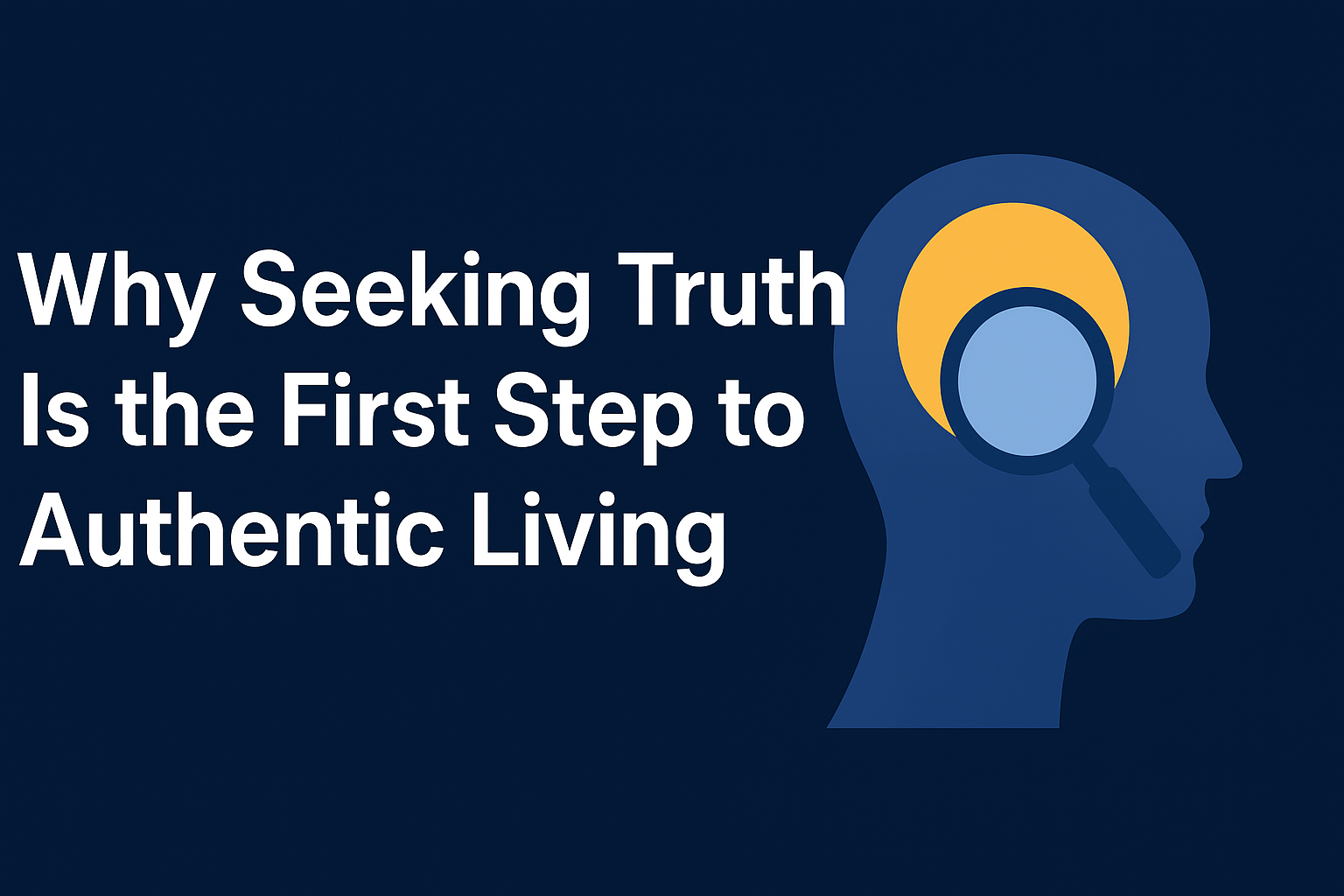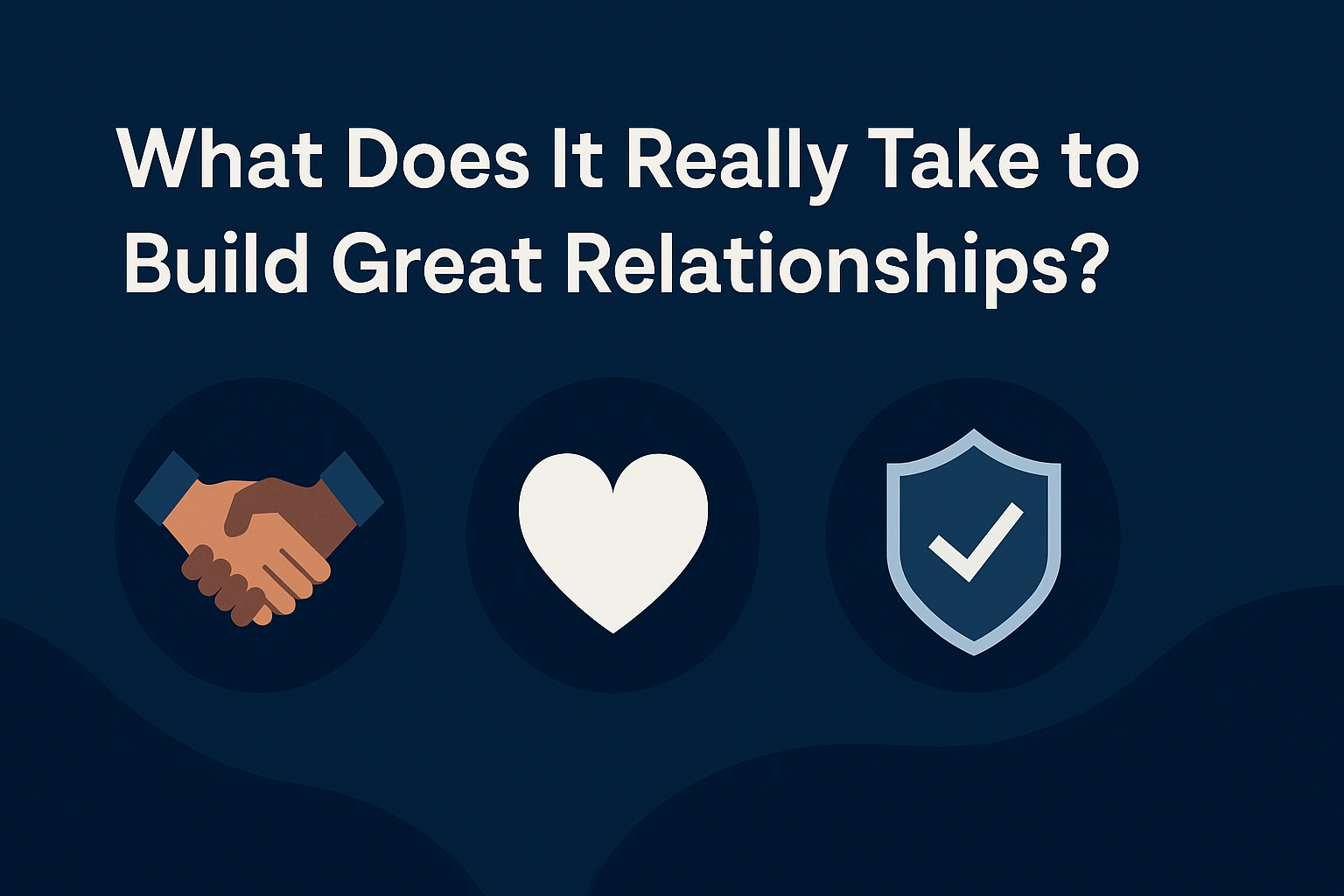What’s one trait all great leaders have in common? It’s not a booming voice. It’s not a big title. It’s not even charisma. The secret weapon of great leaders? They’re great listeners.
This might surprise you. Most of us grow up thinking leadership is all about speaking, making decisions, giving orders, and delivering killer speeches. But if you look closely at the people who’ve truly made an impact, you’ll notice something different. They listen deeply, actively, and with intention.
Let’s dive into why listening is the underrated skill that can take your leadership (and your life) to the next level.
What Does It Mean to Be a Great Listener?
Before we explore why it matters, let’s define what it means to be a great listener. Being a great listener doesn’t mean staying quiet or nodding while someone speaks. It means being fully present—mentally, emotionally, and even physically.
Active listening involves:
- Making eye contact.
- Not interrupting.
- Asking thoughtful follow-up questions.
- Repeating back what the person said (“So what I hear you saying is…”).
- Being open to new information, even when it challenges your beliefs.
It’s listening to understand, not just to respond.
Why Listening Sets Great Leaders Apart
1. It Builds Instant Trust
Have you ever had a conversation where the other person made you feel like the only person in the room? Like, they really cared about what you had to say?
That’s what being a great listener does—it creates trust.
People don’t follow titles. They follow trust. And when you genuinely listen, people feel seen and heard. That makes them more willing to share ideas, own their work, and support your vision.
2. It Helps You Make Smarter Decisions
When you listen instead of assuming you have all the answers, you make better decisions. You get input from people with different perspectives—people on the front lines, in different departments, or living different realities.
I worked for a luxury brand that was launching a new product. They were confident it would crush. But instead of going all in, they took time to listen to feedback from potential customers and realized they didn’t want what they were offering. So they pivoted. That pivot saved the company thousands of dollars and time that would have been lost in launch from discontinuing to having to sell out of sitting inventory.
Being a great listener doesn’t just make you empathetic. It makes you strategic.
Real-World Examples of Great Listeners in Leadership
Abraham Lincoln
One of the most powerful examples is Abraham Lincoln. He surrounded himself with people who disagreed with him. Instead of silencing them, he listened. He asked questions. He considered their views before making tough decisions. That’s part of what made him a legendary leader.
Howard Schultz – Former CEO of Starbucks
Schultz once said, “When you’re surrounded by people who are all nodding, you’re probably not listening to the right people.” During difficult moments, like when Starbucks had to close stores nationwide, he listened to baristas, store managers, and even customers to guide the company through change. His ability to truly listen helped Starbucks bounce back stronger. Listening takes killing the ego and knowing that you are not the only one with all the great ideas.
The Science Behind Listening and Emotional Intelligence
Research has shown that great listeners are also high in emotional intelligence (EQ). According to Harvard Business Review, active listening is a key part of emotional intelligence, which includes self-awareness, empathy, and social skill—traits that define impactful leaders (Zenger & Folkman, 2016).
By listening well, you increase:
- Empathy: You see the world from another’s perspective.
- Self-awareness: You reflect more deeply on your own reactions.
- Influence: People are more likely to support you if they feel heard.
Listening Is a Superpower—Especially in Conflict
Let’s be real—conflict is where many leaders fall apart. But great listeners lean in instead of running away.
Instead of reacting defensively, they:
- Stay calm.
- Reflect back the other person’s concerns.
- Ask open-ended questions.
- Focus on solutions, not blame.
When I was managing my first team, I remember a heated disagreement between two coworkers. Instead of jumping in to “fix” it, I pulled each one aside and listened. I didn’t take sides—I just let them talk. That alone lowered the tension. Once they felt heard, they were open to compromise since the result of their conflict could have resulted in both being terminated. It taught me a huge lesson: most problems don’t need a speech—they need space.
How to Become a Great Listener Today
Start with These 5 Daily Habits
- Put your phone away when someone’s talking.
- Don’t interrupt—even if you think you know what they’re going to say.
- Ask one follow-up question in every conversation.
- Summarize what you heard to make sure you got it right.
- Be curious instead of critical.
Power Questions Great Leaders Ask
If you want to become a better listener, start asking better questions. Here are some that great leaders use all the time:
- “What’s your perspective on this?”
- “What’s the challenge here from your point of view?”
- “Is there anything I’m missing?”
- “How can I better support you?”
Final Thoughts: Listening Is Leadership
You don’t need a title to lead. You don’t need a corner office. You just need the discipline to listen well.
In a world full of noise, great listeners are rare—and unforgettable. They make people feel seen. They make smarter moves. They lead with humility, not ego. And that’s what the world needs more of.
So, here’s your challenge: For the next 24 hours, commit to listening more than you speak. Be intentional. Be present. Ask follow-up questions. You might be surprised at what you learn—and how people respond to you.
That’s the quiet power of being a great listener—and it’s one of the fastest ways to become a great leader.
References
Zenger, J., & Folkman, J. “What Great Listeners Actually Do.” Harvard Business Review, July 14, 2016. https://hbr.org/2016/07/what-great-listeners-actually-do





